Australia is hoping to start its fighting journey towards the 2032 Brisbane Olympics in Paris
While Australia has forever punched a long way above its weight at the Olympics, it is yet to fully take over the five combat sports. In the lead-up to Brisbane 2032, Australia is hoping it can start to make its mark in the ring.
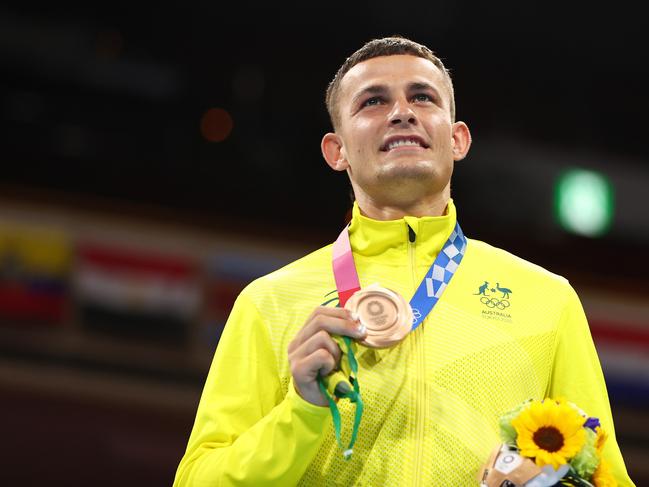
Olympics
Don't miss out on the headlines from Olympics. Followed categories will be added to My News.
Australia has always punched above its weight at the Olympics, without ever landing the knockout blow.
Pound for pound, Aussie athletes have long been overachieving at the greatest sports event on the planet, capturing around 550 medals since the modern Olympics began in 1896.
That places Australia 10th overall, underlined by three top-five finishes (Melbourne 1956, Sydney 2000, Athens 2004).
That’s impressive stuff, especially when you consider population sizes, but it comes with a caveat.
Australia could be doing even better because there’s a whole group of sports in which Aussies have hardly scratched the surface.
Over 128 years, Australia has collected just 12 medals from the five Olympic combat sports: boxing, wrestling, judo, taekwondo and fencing.
There’s no shame in that but the data shows it’s the untapped area that’s stopping Australia from achieving its full potential at the Olympics.
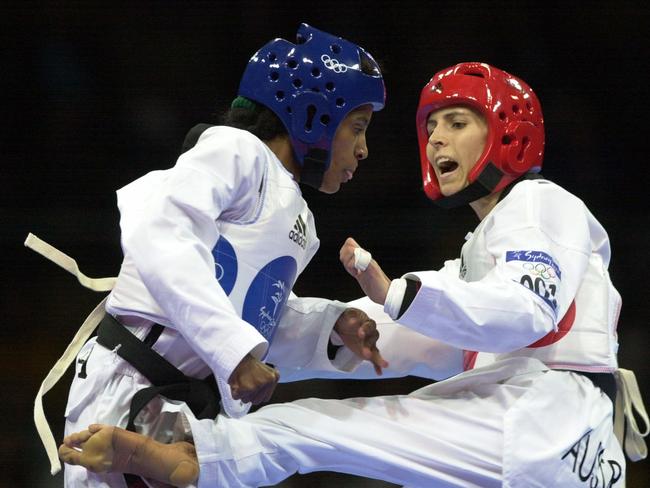
“Our chance to win more medals on home soil at Brisbane in 2032, and the journey there and beyond, is huge,” said Alex Vallentine, the CEO of CombatAUS.
“The talent is there but we just need a small extra investment.”
Currently, the Australian Sports Commission contributes over $5 million a year into elite and pathway programs for combat sports.
That’s more than what a lot of smaller countries get but it still represents around 3% of the total funding pool for high-performance sports.
In Olympic sports, funding levels and medals often go hand-in-hand. The dozen medals Australia has won in combat sports accounts for roughly 2% of the country’s overall medal haul.
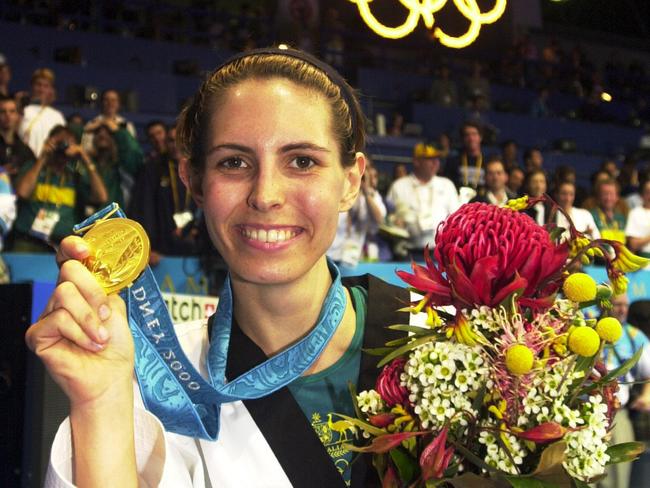
A quarter of those medals, including gold for Lauren Burns in taekwondo, were won at the Sydney Olympics, when funding levels were increased for the home Games.
In the 24 years since, Australia’s only medal in combat sports was the bronze won by Harry Garside in boxing at Tokyo in 2021.
By any measure, that’s a low return for a sports-mad country, but particularly so when you consider the rich pickings on offer in combat sports.
For Paris this year, more than one-fifth of the total number of medals will be awarded in the five combat sports, which adds up to 66 gold, 66 silver and 120 bronze medals (boxing, judo, taekwondo and wrestling each award two bronze medals in each division).
All the countries that finish ahead of Australia in the medals table have already figured that out so have targeted combat sports to boost their medals counts.
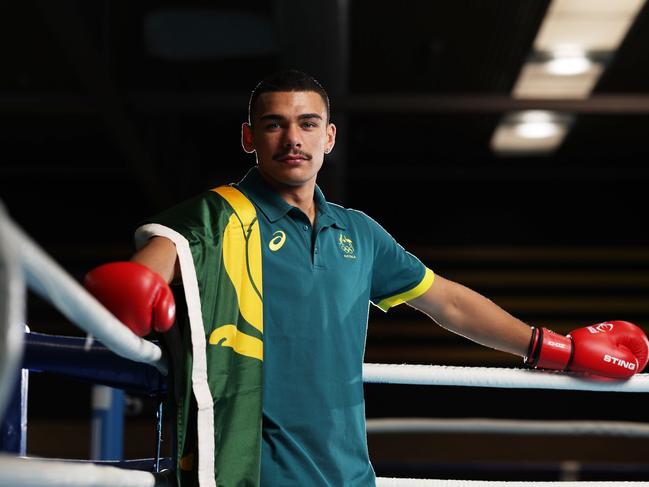
Australia has been fighting with one hand behind its back but have their other hand out asking ahead of Brisbane.
“The AIS and Sports Commission actually do a great job with the bucket of high performance funding they have available but there’s more sports coming in all the time so it’s a question of how do we get more for every dollar,” Vallentine said.
“If you’ve got a proud medal history like swimming, you’re always going to be funded, and that’s great because they are the pinnacle of our programs.
“So it’s more about benchmarking what athletes, what talent do you have in the system, what’s the medal potential and how do we map that out?
“It’s that chicken and egg thing. How do we get more athletes to that point where they’re winning medals and everything then becomes a self prophecy?”
More Coverage
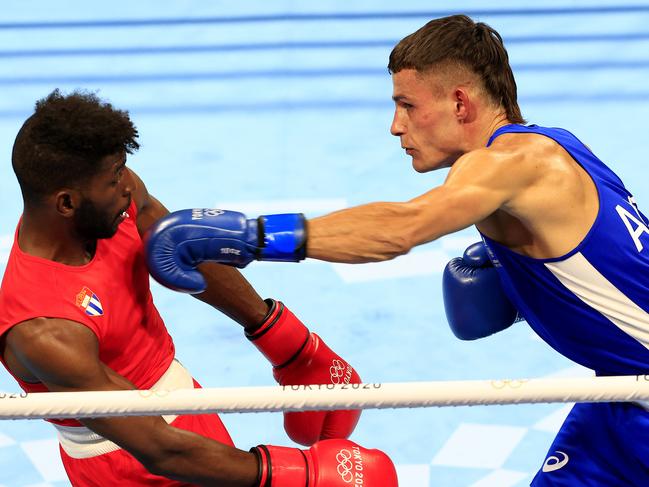
Originally published as Australia is hoping to start its fighting journey towards the 2032 Brisbane Olympics in Paris





